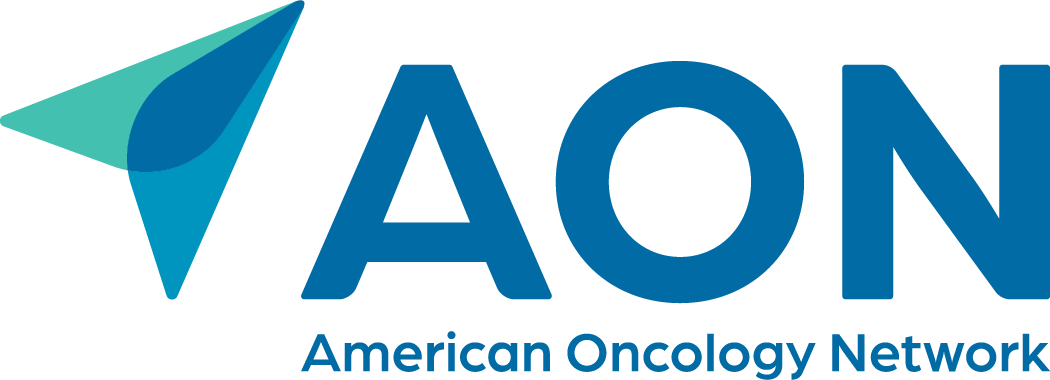
Contributor: Grappling With Ongoing Cancer Drug Shortages

In 2023, the United States was in the midst of the largest drug shortage in a decade, including lifesaving platinum-based medications to treat a variety of cancers.
The United States, often hailed as the land of plenty, has maintained its status as the world's wealthiest country since the late 19th century. We take pride in our cutting-edge technology, the freedom of our political environment, the vast wealth of educational resources, and the sophisticated treatment options available for a multitude of diseases, particularly cancer. However, in stark contrast to this abundance, as health care providers, we are confronted with the harsh reality of grappling with the highest level of drug shortages this year.
At the end of the second quarter of 2023, there were 309 active, ongoing drug shortages—the highest number in nearly a decade, according to ASHP.1 Just when we thought we had finally caught a break from managing the paclitaxel shortage that persisted since October of last year (fingers crossed!), in May of this year, we found ourselves abruptly plunged into yet another drug shortage. This time it involves platinum-based medications (carboplatin and cisplatin). The situation is equally as dire, if not worse, than before. Just like paclitaxel, cisplatin and carboplatin are fairly inexpensive, but they are widely used. They are highly effective systemic treatments, often intended to cure a variety of cancer types, including breast, lung, gynecologic, gastrointestinal, bladder, and head and neck cancers.
Last year, the American Oncology Network (AON) administered more than 10,400 doses of paclitaxel to more than 1800 unique patients. The number of patients who received carboplatin and cisplatin even doubled, resulting in a total dose count of more than 16,000. Shortages for such lifesaving drugs can bring stress to already stressed-out patients and their family members. It also poses challenges for the providers and the health system when trying to mitigate the shortage.
Challenges
Dealing with drug shortages is a nightmare for every institution, especially if the shortage escalates to a national level. When such incidents occur, the priority often shifts from identifying the root cause of the shortage to determining who still has the drugs available at a reasonable price. The causes of drug shortages in the United States could be multifactorial, with key factors including the low profit margin associated with producing generic drugs; disruptions caused by natural disasters and global events that impact the drug supply chain; regulatory safeguards designed to ensure product integrity, which can lead to manufacturing shutdowns; and an overreliance on foreign manufacturers and supplies. This introduces additional vulnerabilities into the supply chain, making it prone to disruptions beyond the nation's control.
Today's shortage of carboplatin and cisplatin serves as a prime example of the consequences stemming from these factors. A significant incident occurred on November 22, 2022, when the FDA conducted a comprehensive inspection of an Intas Pharmaceuticals Limited facility located in Gujarat, India. This extensive 9-day inspection unveiled notable quality assurance failures, resulting in the subsequent shutdown of the plant. This facility had been a major supplier, providing nearly 50% of the cisplatin and carboplatin used in the United States.2 The closure of this plant had far-reaching consequences, significantly impacting the availability of these crucial chemotherapy drugs.
What AON Is Doing to Address Current Drug Shortages
Managing the challenges of drug shortages is a formidable responsibility for every pharmacy leader. To address this issue, AON has established a dedicated Drug Shortage Committee. This committee is tasked with devising strategies for effective communication, promoting collaborative efforts within departments to mitigate the impact of shortages, ensuring uninterrupted patient care, and coordinating with local hospitals. The committee comprises representatives from pharmacy, procurement, nursing, and revenue cycle, and they convene frequently during shortage periods.
- The procurement team is diligently sourcing a sufficient supply from various potential sources, including exploring alternative options.
- The pharmacy department has compiled a comprehensive list of alternative recommendations and has identified the patients who might be affected.
- Clinical nurse managers will receive this list and are responsible for collaborating with their respective health care providers to review each patient's situation for potential treatment conversions. Patients will be informed of any changes prior to their next treatment session.
- If transitioning to an alternative product requires new authorization, the Revenue Cycle team is actively streamlining the process to ensure swift and seamless completion, thereby minimizing therapy delays. They are also focused on addressing any payer denials that might arise.
Commencing in September 2023, we are set to initiate an internal monthly podcast. This platform will serve as an invitation to pharmacists and physicians, urging them to share their valuable experiences in tackling drug shortages for particular cancer types. Our immediate objective is to expand this initiative to the public by the following year, aiming to offer a more comprehensive educational resource.
Melody Chang, RPh, MBA, BCOP, is vice president of pharmacy operations for the American Oncology Network, LLC.
References
1. Severity and impact of current drug shortages: June/July 2023. ASHP. July 14, 2023. Accessed August 22, 2023.
2. Warning letter: Intas Pharmaceuticals Limited. FDA. July 28, 2024. Accessed August 22, 2023.
Newsletter
Stay ahead of policy, cost, and value—subscribe to AJMC for expert insights at the intersection of clinical care and health economics.









